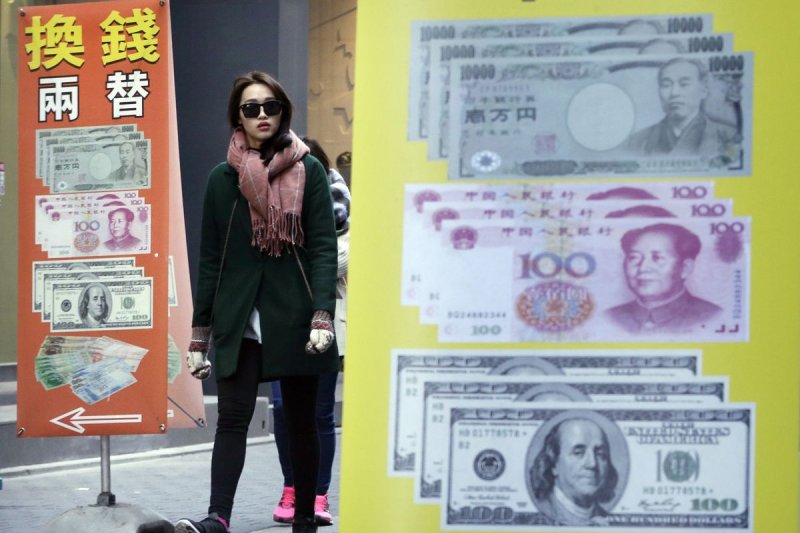- California Assembly OKs highest minimum wage in nation
- S. Korea unveils first graphic cigarette warnings
- US joins with South Korea, Japan in bid to deter North Korea
- LPGA golfer Chun In-gee finally back in action
- S. Korea won’t be top seed in final World Cup qualification round
- US men’s soccer misses 2nd straight Olympics
- US back on track in qualifying with 4-0 win over Guatemala
- High-intensity workout injuries spawn cottage industry
- CDC expands range of Zika mosquitoes into parts of Northeast
- Who knew? ‘The Walking Dead’ is helping families connect
Gender pay gaps up to $39,028 at S. Korean companies
By Yoon Ja-young
Males working at conglomerates are earning on average 26.3 million won (US$23,328) more annually than female workers.
At banks, the gender wage gap was even bigger at 44 million won(US$39,028).
The difference can largely be attributed to the fact that males tend to continue working at the same company until they reach managerial level, while females often quit before that due to reasons such as marriage and childcare.
Male employees are more likely to have worked for the same company for many years — an average of 12.6 years compared to 7.5 years for females.
Male employees of the country’s top 292 companies were paid on average 72.5 million won (US$64,308) last year according to CEO Score, a business information provider.
Female workers, meanwhile, were paid 46.2 million won (US$40,979). This means male employees are making 2.2 million won (US$1,951) more in monthly salary than their female peers.
Among industries, the banking sector had the biggest gender wage gap. While male workers of the 12 banks in the survey were paid 99.4 million won (US$88,169) last year, females were getting 55.7 million won (US$49,406) — a monthly wage gap of 3.6 million won (US$3,193).
Other financial businesses also had a relatively large gap. At insurance companies, it stood at 39.8 million won (US$35,303), while it recorded 34.7 million won (US$30,779) at securities companies.
The petrochemical industry, energy industry and construction industry also had a gap of over 28 million won (US$24,836).
Pharmaceutical companies, meanwhile, had the smallest gap at 15.4 million won (US$13,660).
KB Kookmin Card had the biggest gap at 58.7 million won (US$52,068) , followed by Korea Exchange Bank at 54.3 million won (US$48,165).
The gender pay gap, however, has been narrowing each year, from 28.3 million won (US$25,102) in 2012 to 27.1 million won (US$24,038) in 2013 and 26.3 million won (US$23,328) in 2014.
According to 2013 statistics by Organization for Economic Development and Cooperation (OECD), Korea had the widest gender wage gap of 36.6 percent among OECD member countries, followed by Japan with 26.6 percent gap. The OECD average stands at 12.8 percent.

















